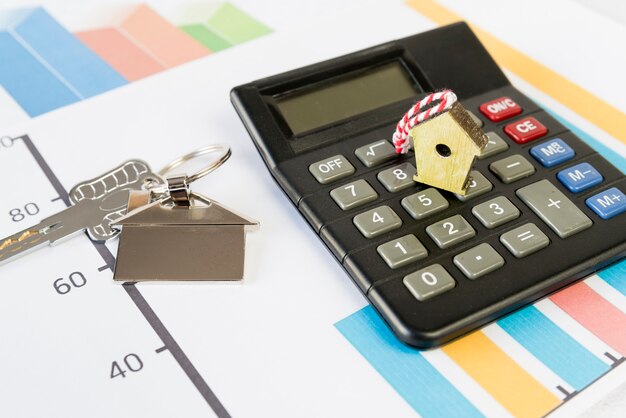
Aside from keeping up with property maintenance and vetting potential tenants, managing your finances is one of the most important responsibilities as a landlord. Ignoring this can lead to financial troubles. We understand that staying on top of your finances, especially with multiple properties, can be tough, but it’s something you simply cannot overlook.
To help you keep your finances in order, here are some useful tips:
**Hire an Accountant**
If you’re not great with numbers or accounting, think about hiring an accountant. A good accountant can help organize your financial records and take care of your taxes, saving you both time and money.
**Keep Track of Your Expenses**
It’s important to keep a detailed record of all your expenses. Each property you rent out comes with costs for maintenance and repairs. Tracking these expenses can make your yearly tax filing easier. Don’t forget to note down everyday costs like fuel, landlord insurance, and phone bills, since these can also be claimed back. Make sure to record each expense with its date and purpose to simplify things when it’s time to do your accounting.
**Monitor Your Income**
Always keep an accurate record of your rental income. This will be very helpful for your accountant when it’s time to assess your taxes. Consistently track your monthly income to keep everything clear and organized.
**Stay Organized with Your Expenses**
Digging through piles of paper to find receipts and documents during tax season is a hassle. Avoid this mess by managing your expenses and storing receipts and documents neatly. Keep all your receipts in one folder and use dividers for each month. This will make your accountant’s job easier when evaluating your taxes.
**Save Your Receipts**
Don’t throw away your receipts even after your yearly accounts are done. Keep them for six years to deal with any potential tax disputes or other issues. If you don’t keep your receipts, you won’t have proof of those expenses. It’s important to hold onto them, but after six years, you can safely dispose of them.